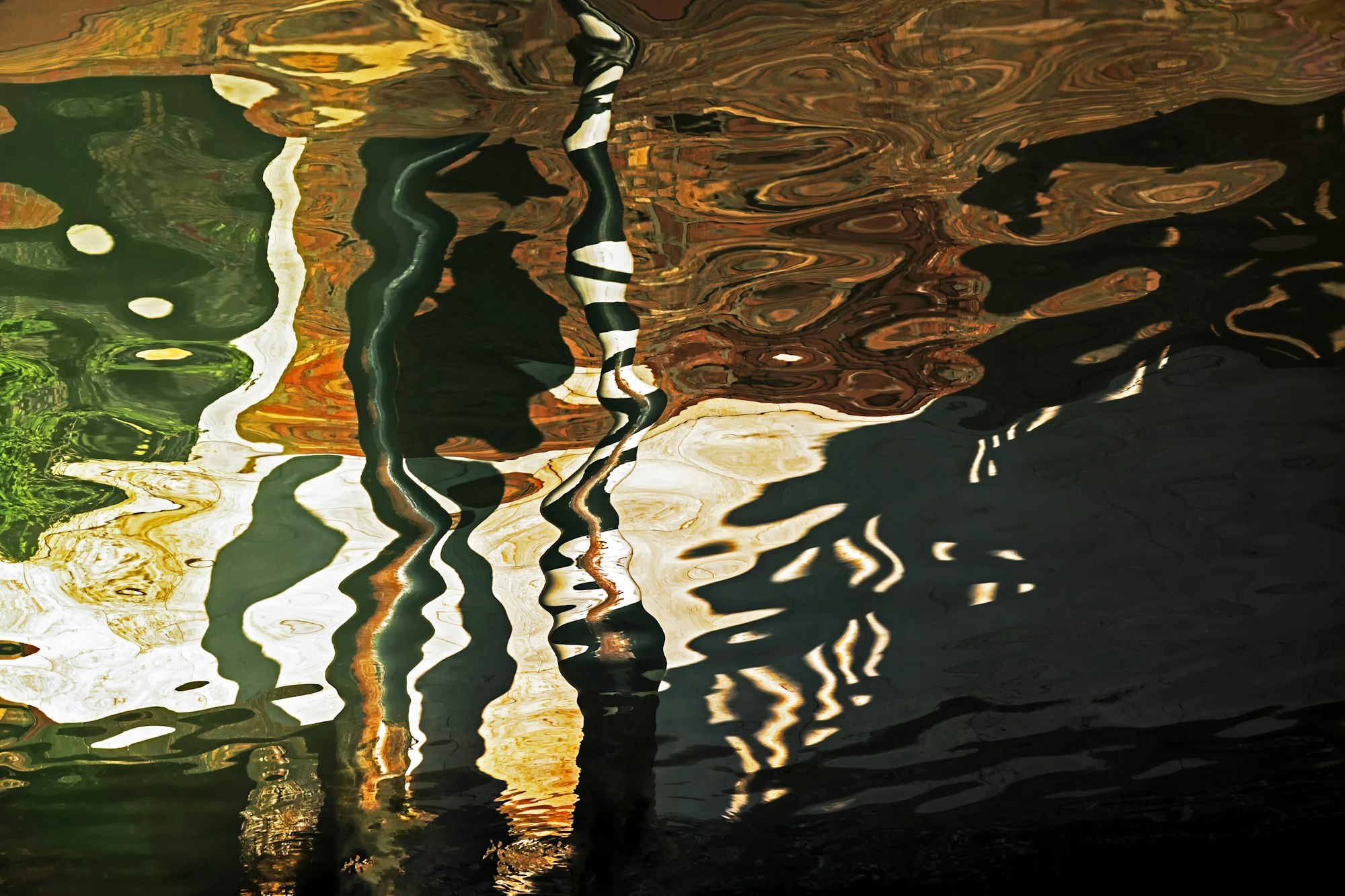Louise Glück, "On Realism"
What exactly do I get out of what I read? How can my reading be of value to others?

In "On Realism," Louise Glück opens a query into the value of reading. What exactly do I get out of what I read? How can my reading be of value to others? Those are my questions, but they are inspired by the distinction with which she begins her essay:
"It is entirely possible that I have never had an accurate sense of what is called realism in that I do not, as a reader, discriminate between it and fantasy."
Glück says she cannot tell the difference, when reading, between "realism" and "fantasy." This I find curious. I'm used to employing the term "realism" strictly, as in either designating an artistic and literary movement, or a set of philosophical claims. To that end, Realism, as I learned in high school, was a reaction to Romanticism. If one could imagine a dialogue between them, then one might say Wordsworth found solace in the natural world, but de Maupassant wanted to remind you that life was terrible and your desire for solace was nothing but escapism.
In philosophy, Realism stands in contrast to Idealism. Idealism holds that whatever we claim to be reality is critically dependent on our minds or perception. That "reality," so to speak, doesn't exist without us. Realism, on the other hand, holds that the world doesn't depend on us. Realism sounds like common sense, but since all philosophy is ethics, Realism can be used to advance some frightful claims. The feelings and thoughts of others who are suffering can be dismissed as unverifiable, while trivial truths can be celebrated as knowledge.
But here, the question is how realism or fantasy engage a reader. It's funny how for a creator and an audience, realism and fantasy may work the same way for each. All the effort spent getting the details of a specific period correct might as well be spent describing the unicorn people of Planet X27B in the Delta Quadrant. This thought pushes me to confront what it is I want out of non-fiction or the news. What exactly am I saying when I say I'm trying to understand the world I live in?
Glück builds to a critique of realistic fiction. That fiction is "historical, confined to a period," and precisely because of its wealth of detail about a certain time, becomes much like fantasy. It acquires "an air of vast improbability." Of course, we'll recognize the "passions and dilemmas" of the characters, but that only heightens the unreality. We connect with a time which cannot possibly be ours, because of the helplessness we feel when reading the work. I can't do anything for them. It's not my time. To this end, the particularities of a previous era don't just make it seem believable. They give a sense of "irrecoverability."
I do not think myself equipped to comment on Glück's remarks. I hardly read any fiction, much less realistic fiction. The combination of my emotions and reading work a different way. Because I feel helpless, I keep scouring news for any detail which might be helpful. In this, I'm exactly like my parents, with a significant difference. They'd go more for nutrition or consumer news. Here's something which can change your life—make you healthier, make you more active. In contrast, I wanted an understanding. How do the larger structures of society actually work? I'd like to be healthier, sure, but it does no good to be healthy if the society I live in is hell-bent on treating workers like garbage or banning books or mass deportations.
I guess, following Glück, I should consider that both my parents and myself chase fantasies. There's the fantasy that happiness is right here, within my grasp. All I need is a little more Vitamin C and some exercise. I'll feel better and live longer. And then there's the fantasy that I could actually understand how society works in a way that's helpful. The funny thing in trying to know more about an issue is what you reveal about yourself. I'm honestly amazed any of us make any progress with regard to scholarship.
Two more remarks of Glück's I find worth reflecting on. She talks about the "how-to books" of her childhood: biography. "How to be Madame Curie. How to be Lou Gehrig. How to be Lady Jane Grey." And she concludes her short essay by asking "How did the child understand books?" Her response: "As an invitation to live in the head for a while. As the gift of furniture or trappings for that life."
You could say these two ideas conflict. If you're studying to be Madame Curie, you're trying to do things, not live well in your own head. But nowadays, I'm not so sure. I really do need some sense of where everything is going before I act. If there's no idea of what it all means, how can I proclaim anything good? And that's what reading realistically, I think, is about. Sure, there are people who are all talk and do nothing. That's a different issue, I believe. Some people never intend to act, because they're already convinced they're doing everything. For those of us who are trying to take stock of our lives, we're working to be open to what more we can do. That entails a lot of learning, a lot of details which aren't immediately useful until they comprise a vision into which this world can transform.
